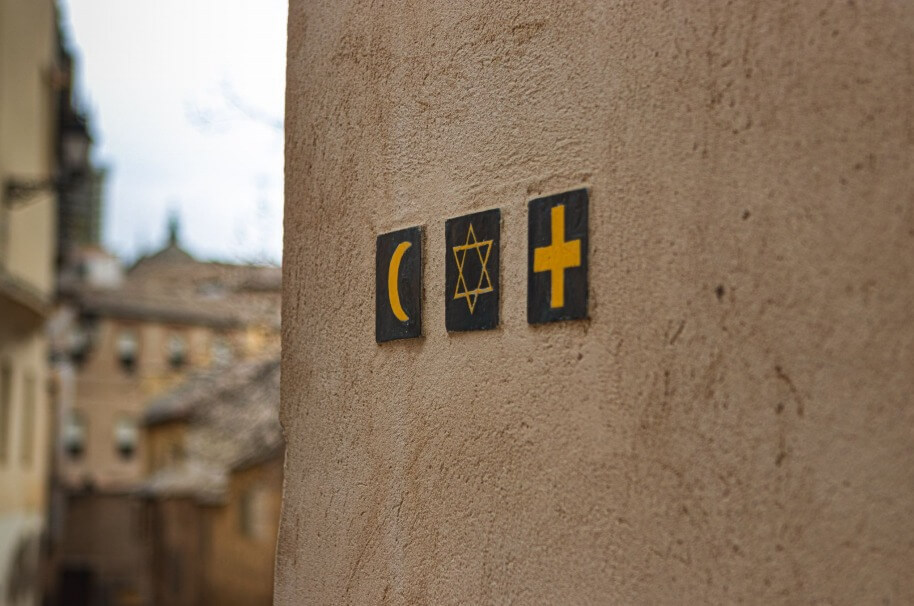
Religious Conviction: How Faith Can Make A Difference
Since the beginning of the Abrahamic faiths and philosophy, religious convictions and morality
have been deeply intertwined. It is true whether we dive into Greek philosophy, or Christianity,
Judaism, and Islam. Every day, faith is permeating more into the public sphere and affecting the
economic and social aspects. Additionally, the world is seeing an increase in the number of
devout individuals.
In a research paper published in the Journal Of Theological Studies, a group of researchers
conducted a study on what motivates Faith-based Organisations (FBOs) to achieve the work
they do. It concluded that faith is a core motivator of the actions they take, as well as an
influence on how they take them. Religion manifests in their visions, structures, programs, or the
individuals they employ or use as volunteers.
Additionally, The World Economic Forum has investigated the impacts of faith and spirituality
on societies. In their report, titled Does Faith Matter?, more than half of the participants believed
that faith has a positive influence on issues relating to human rights, anti-corruption,
peacekeeping, and business ethics.
In this piece, we will explore the different areas in which faith is making a difference in the
world.
Supporting Human Rights
Human rights is a concept developed to protect the freedom and autonomy of people throughout
their lives. Religions advocate for it through principles such as the golden rule of reciprocity, in
which people should treat each other the way they wish they get treated. It is shared between all
the major religions and is the basis for what constitutes human rights.
Even though human rights are firmly grounded in international law due to the United Nations
Charter of 1945, there are still challenges facing their realization in many parts of the world.
However, faith calls for people to do justice, establish peace, and respect the equality of all
people. For that reason, religious people have long been key players in advocating for human
rights and preserving them.
Promoting Peace And Preventing Conflict
Nowadays, discussing religions in the context of global affairs raises questions about their
contribution to world peace. The many ways in which they impact the world positively tend to be
downplayed and overlooked. In reality, religions are contributing, in no small way, to
peacemaking and preventing conflicts.
A publication titled Religious Contributions to Peacemaking: When Religion Brings Peace, Not
War reflects on the growing body of knowledge that demonstrates the significant impact of
religion in peacemaking.
The publication also mentions various cases in which religions were a force for peace, “the
World Council of Churches and the All Africa Conference of Churches mediated the short-lived
1972 peace agreement in Sudan. In South Africa, various churches were at the vanguard of the
struggle against apartheid and the peaceful transition. The most dramatic and most frequently
cited case is the successful mediation the Rome-based Community of Sant’Egidio achieved to
help end the civil war in Mozambique in 1992.”
Some of the leading thinkers in the interfaith and peacebuilding dialogues, such as Mohammed
Abu-Nimer and Marc Gopin, advocate for the success of religions in making the world more
peaceful. Religious leaders are also an asset in peacemaking, and they work more effectively
when they come together from different faiths.
Instilling Moral Values
Religion is one of the most notable social institutions, affecting and shaping every aspect of
culture and society. According to a study by the Pew Research Centre, nearly 84% of the world’s
population belong to a religion or another
In another paper published by Pew, researchers looked at how religion affects the daily moral
and social actions of people of faith compared to other people. They found that people of faith
are more likely to keep in touch with their extended family and volunteer to help the poor, needy,
and the community.
Religion and spirituality can be a source of self-education because sacred texts often have moral
teachings. The Quran and Bible are prime examples of this. They instruct people of faith to
uphold justice, promote forgiveness, and foster kindness. A person who follows such teachings
will build a more moral character.
Fighting Corruption
Religions frequently speak about corruption, and recently, a lot of attention has been given to the
relationship they have with the issue. There is no doubt that religious teachings and values can be
crucial allies against the government and corporate corruption.
According to a household survey conducted by the Chatham House Africa Programme’s Social
Norms and Accountable Governance (SNAG) project in Nigeria, the majority of Muslims and
Christians reported strong opposition to corruption. The results confirm that faith shapes the
moral and ethical standards of people, which in turn helps in the fight against fraud, exploitation,
and bribery
Bottom Line
We have looked at the different ways religious convictions can help make the world a better
place. Religions contain teachings that shape how people see issues such as human rights and
corruption. They also help instill deeper moral values and ethics.
